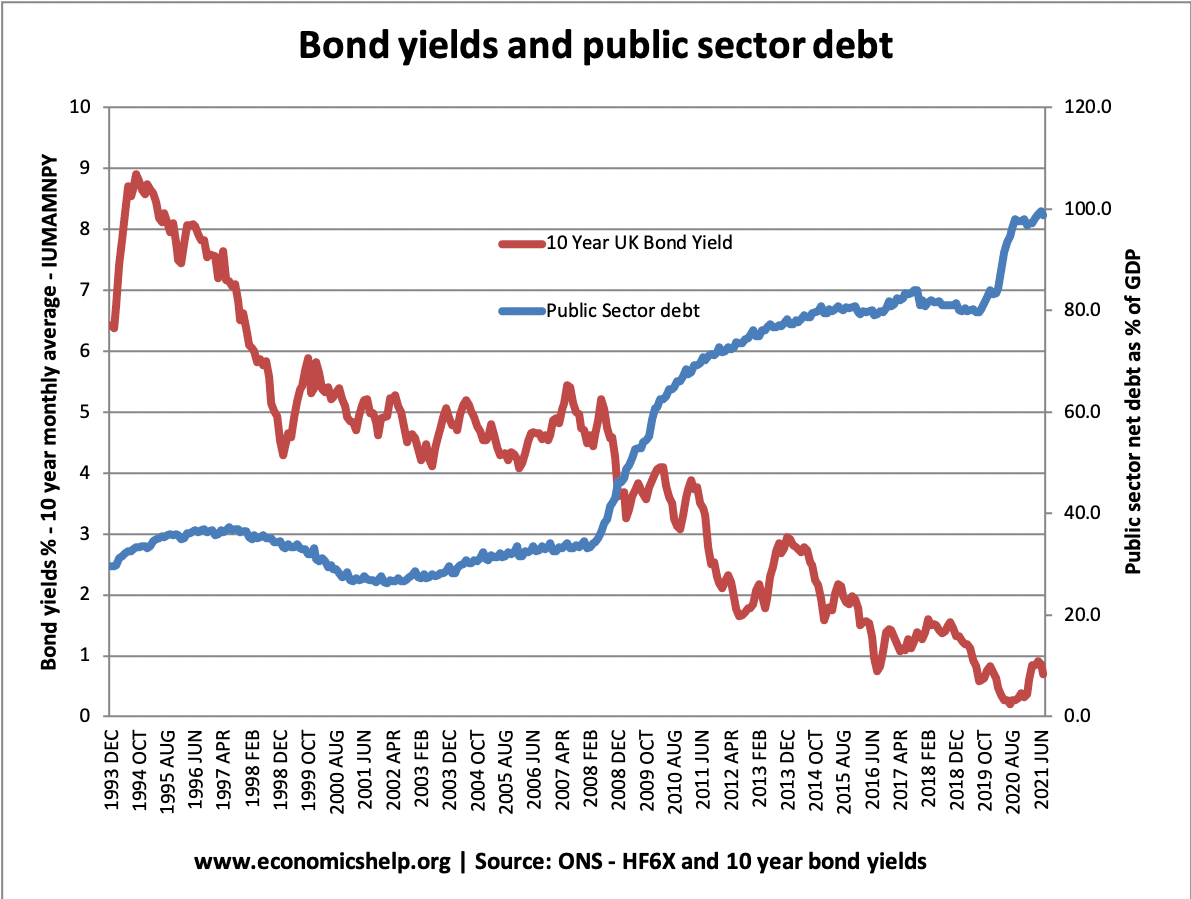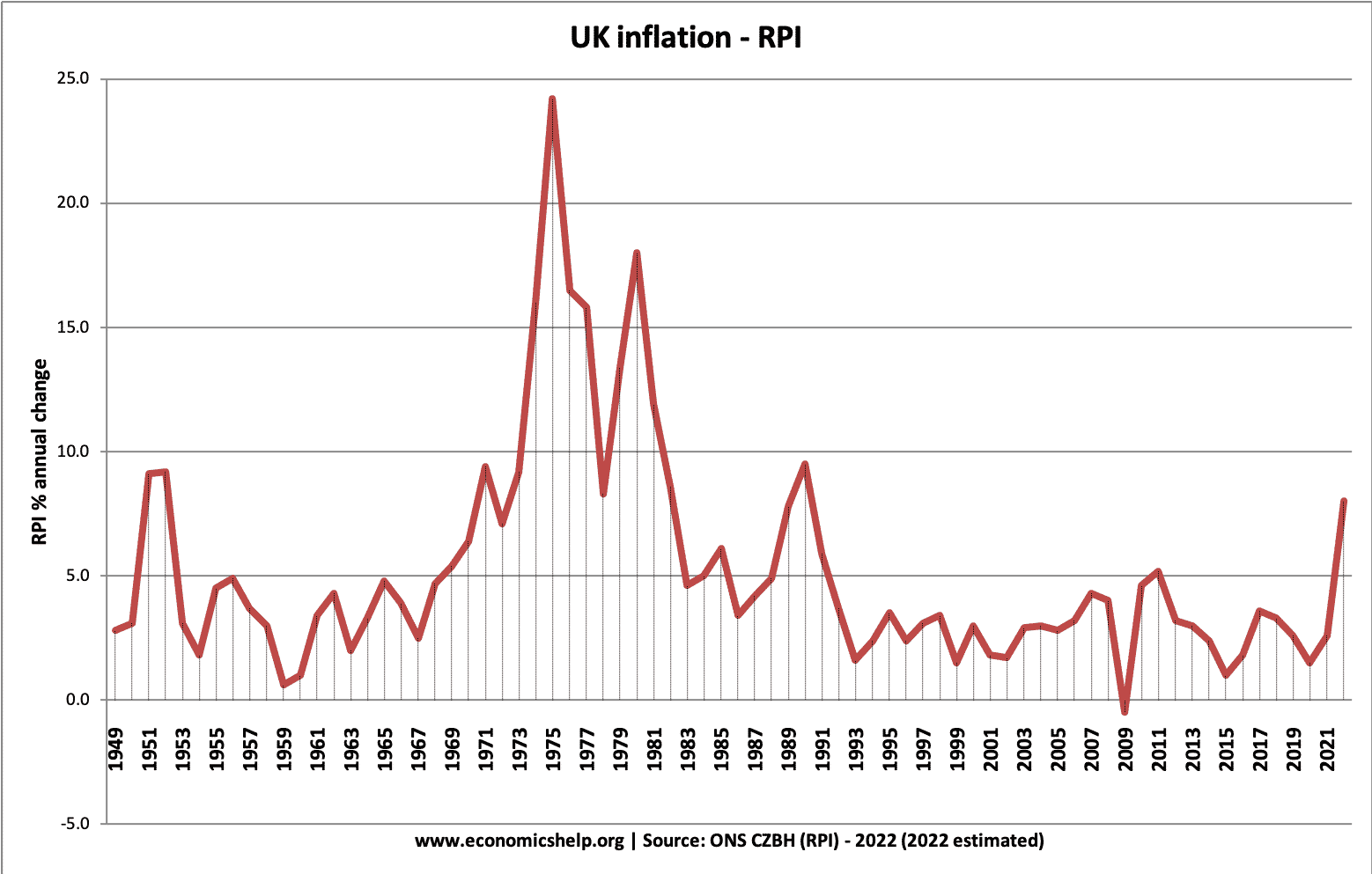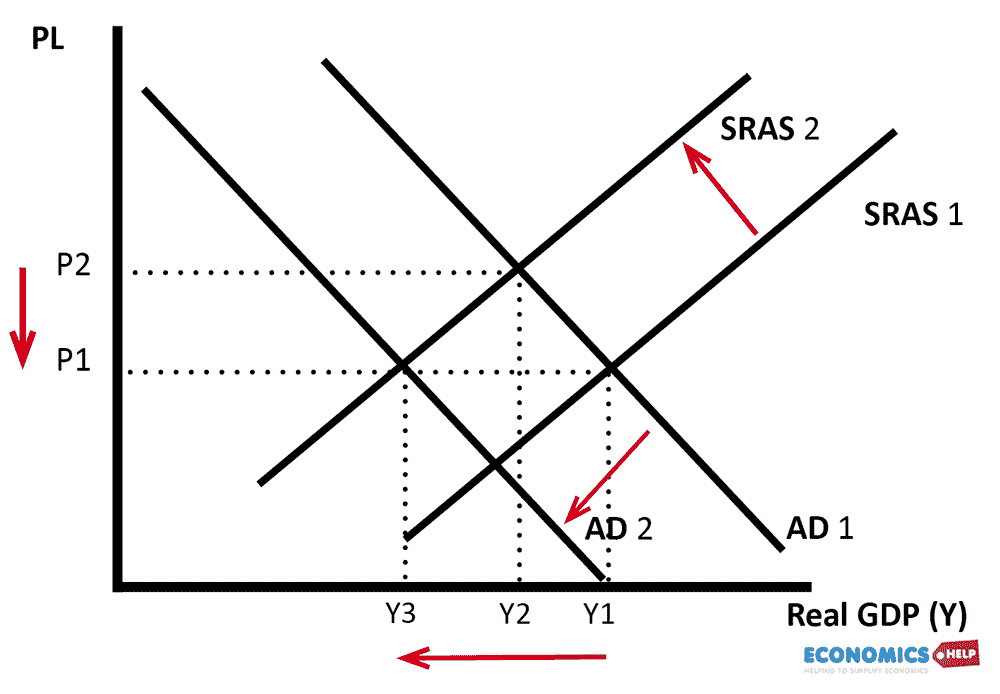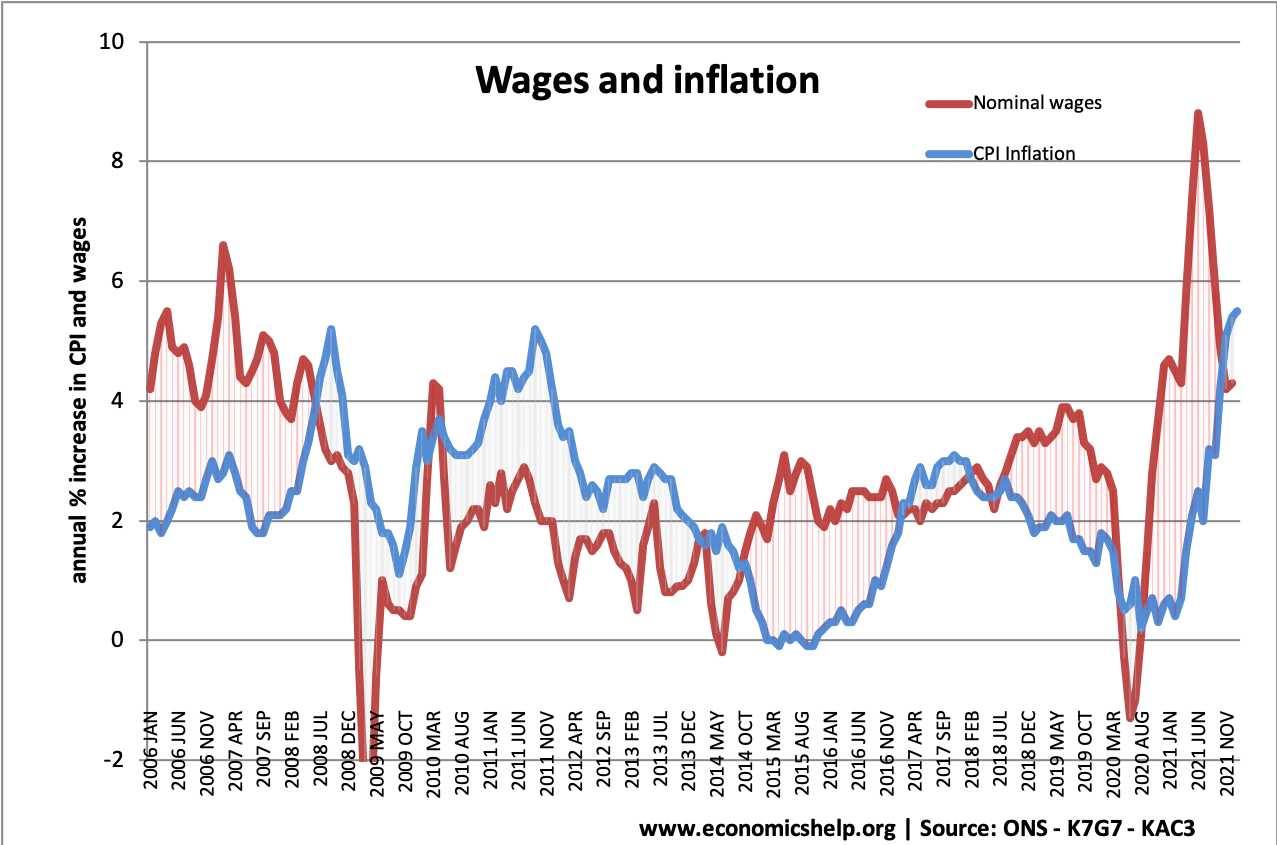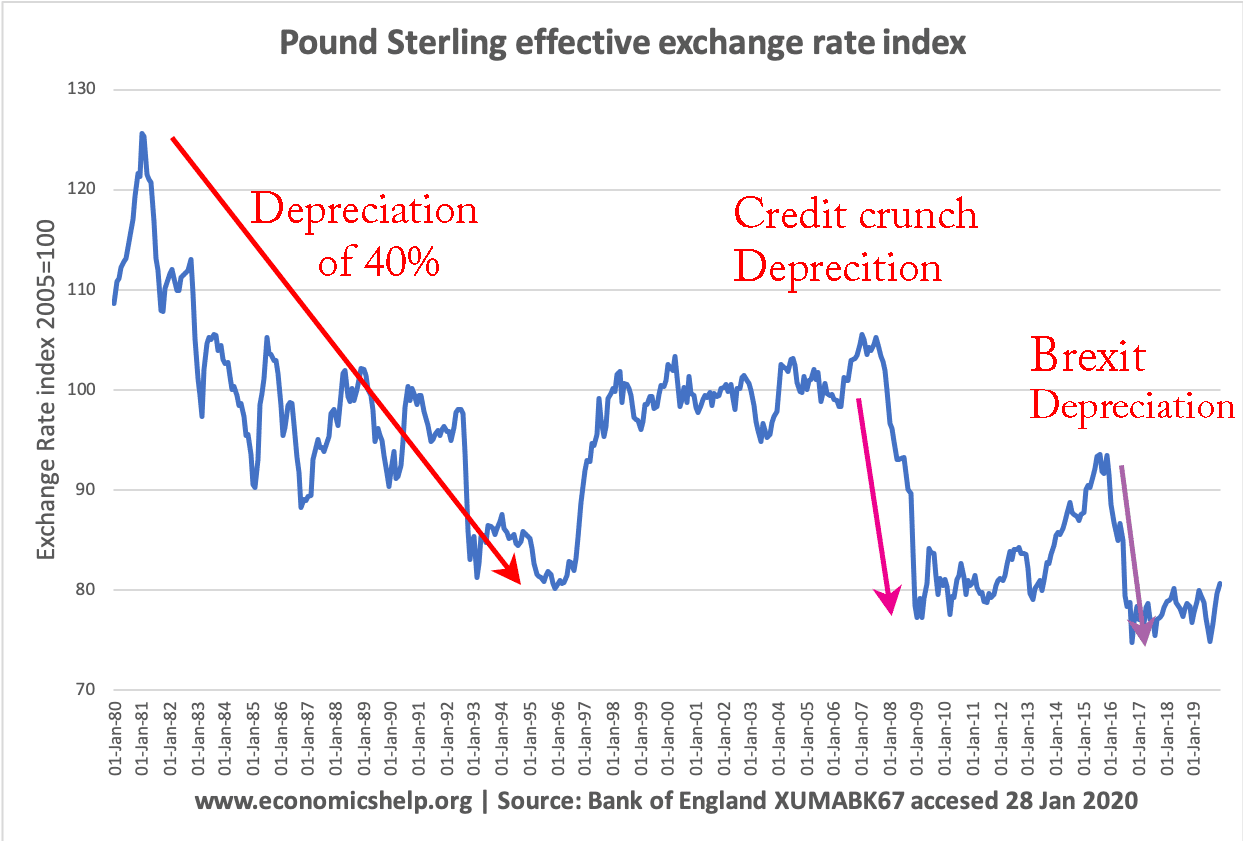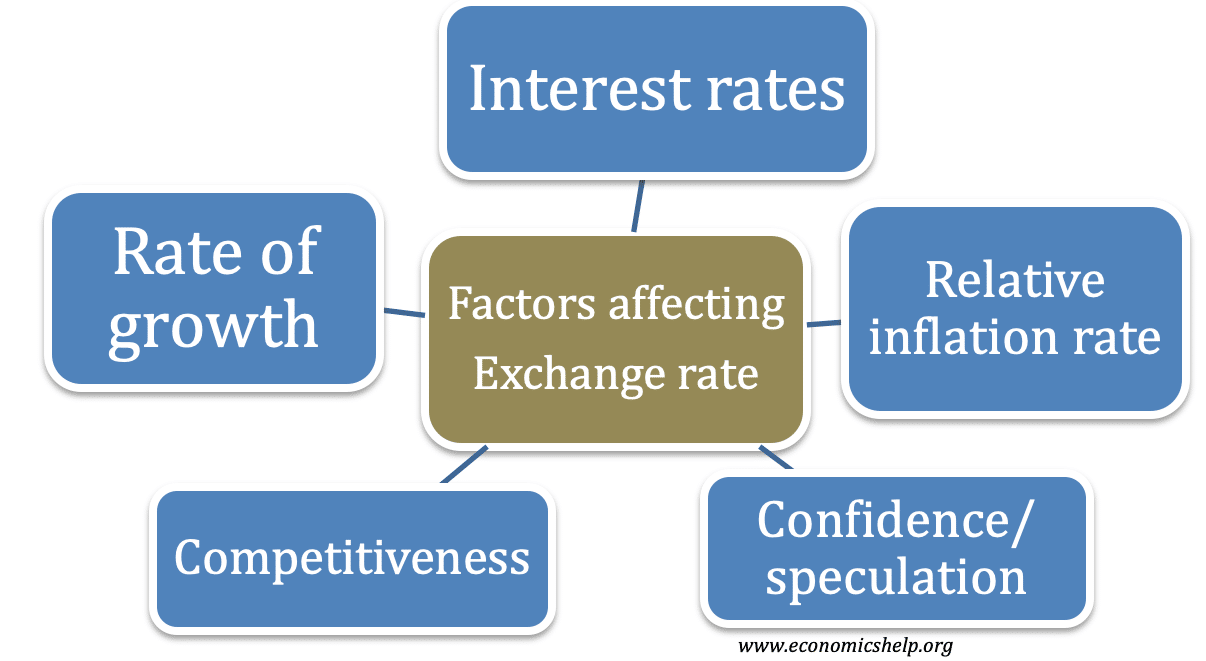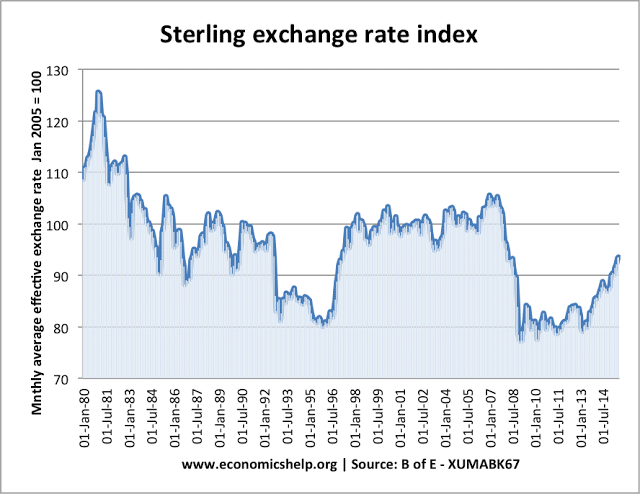Does a lower budget deficit lead to lower interest rates?
Readers question: Keeping a lower deficit of the National Budget would benefit Americans as interest rates would remain stable and allow new businesses to grow. Would you say this statement is correct? In theory, there is an argument that a rising deficit can cause a rise in bond yields and interest rates. Similarly, there is …

